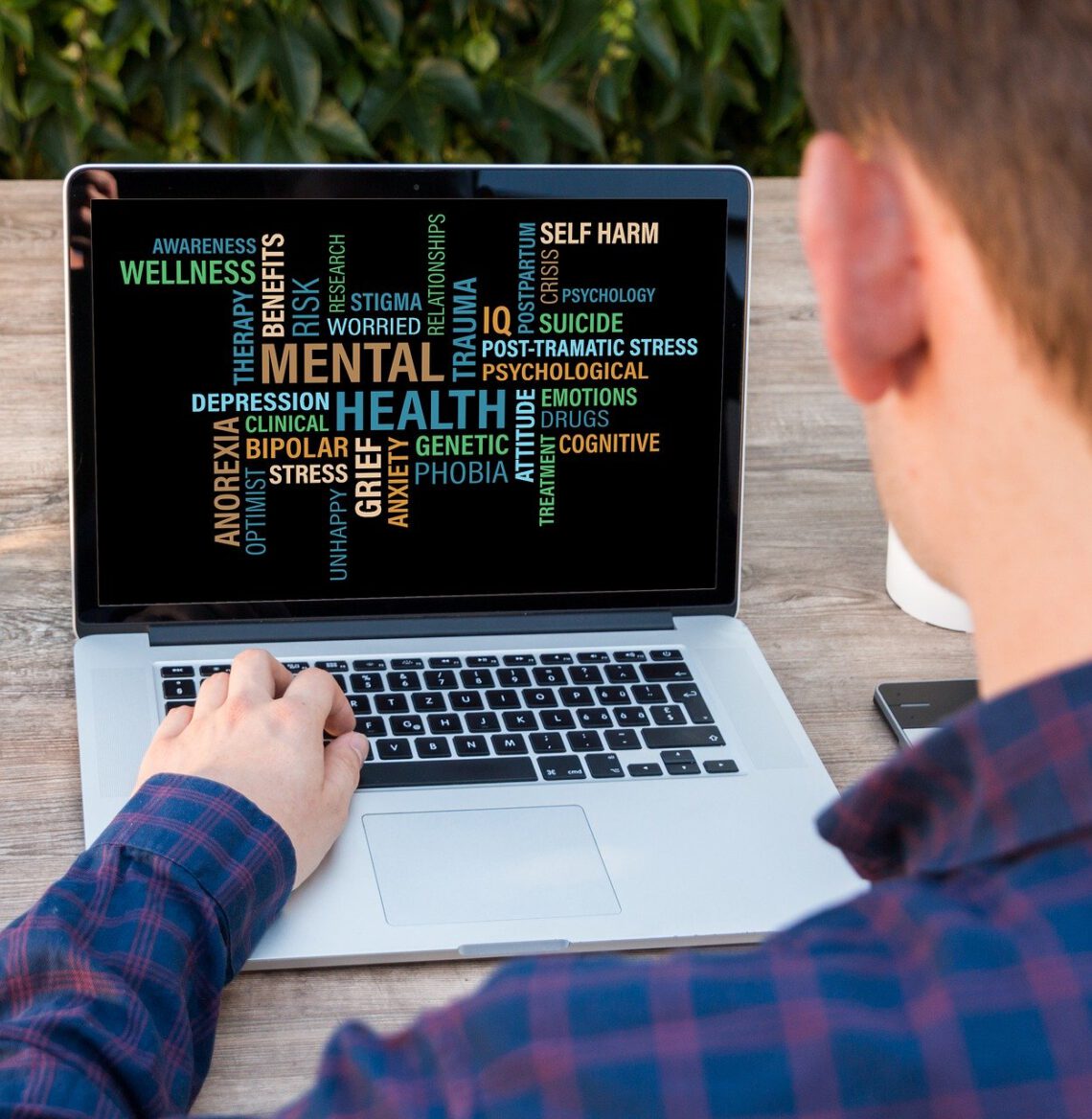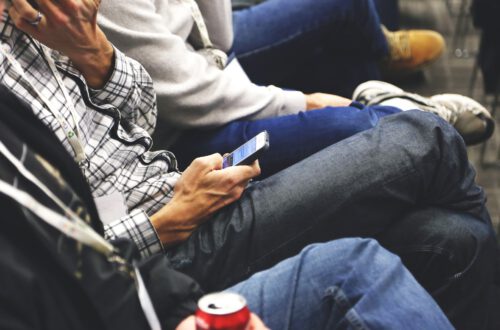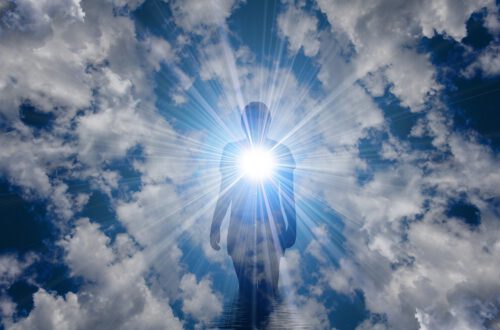
Flash Forward Could Prove Fatal
I’ve been watching a television series called “Flash Forward”. The show begins with everyone in the world blacking out at the same time on the same day for the same period of time. For two minutes and 17 seconds chaos rules the earth with cars and trucks crashing, planes falling out of the skies, swimmers drowning, cyclists falling off their bikes and so on.
When everyone regains consciousness they have two minutes and 17 seconds worth of “memories” of a day, six months in the future, the “flash forward” of the series title.
Some people did not have a flash forward and it is assumed they will be dead by the time the day arrives whilst others see a future they don’t want.
One of the main characters sees a future where he has accidentally caused the death of a woman he has never met thus orphaning her two sons and he decides he can stop this from happening if he commits suicide.
My first thought, as he fell from the top of a building, was that he would land on the woman he was trying to save which would save his life and kill her but it didn’t happen and the episode ended with him dying a swift and mess free death.
Last nights episode showed him being acclaimed as a hero who sacrificed himself to save someone else and, in the process, had proven to all the others who did not like the future they had seen that they could change that future.
This worries me. It worries me a lot.
All over the world there are countless people who see a future ahead of them that they don’t want and these people are already vulnerable to suicidal thoughts.
The child who believes the playground bullying will never stop.
The adolescent who can’t see themselves ever fitting in, finding love, getting a job or belonging anywhere.
The heartbroken man or woman who doesn’t want to live without their lost partner and can’t imagine ever loving anyone else.
The older person who sees nothing in their future but death and who fears the changes age could inflict on their mind and body before death claims them.
The addict who is tired of trying to beat the addiction and can’t bear seeing the pain they are inflicting on those who love them.
The grief stricken who can’t bear the pain of their grief any longer and don’t believe the pain will ever subside to a bearable level.
The chronically, or terminally, ill person who is tired of the physical pain and wishes they didn’t have to be a burden on their loved ones.
Then there are the legions of people whose lives are fine, more or less, but they are suffering from depression. Depression is such a powerful, and insidious, disease that it can make anyone, no matter how wonderful their life may be in reality, feel suicidal.
Depression can be treated, bullying can be stopped, addictions can be overcome, hearts do mend, grief does subside, circumstances can change for the better but vulnerable people have tunnel vision and they can’t see any way out of their pain but death.
There is a reason our society tends to downplay suicide. It’s called the “copycat” phenomenon. Whenever someone completes suicide and the news becomes public other suicides tend to follow.
Seeing a fictional character commit suicide won’t make everyone rush to throw themselves off tall buildings of course but, I guarantee you, vulnerable people will watch that show and they will identify with the character who suicides. They will decide the character made the right choice, the only possible choice, and some of them will decide they really have no other choice either.
Some of them will decide they should be strong and decisive, like the character, and just get on with doing what they believe they have to do.
Some will take a bit more time to actually kill themselves but there is no doubt in my mind that at least one person has gone from watching that fictional character die to the reality of their own death.
Others will have resisted the desire to follow through with suicide because of the pain suicide causes for those who are left behind. One of the main reasons suicidal people don’t kill themselves is concern for the good opinion, or welfare, of others. They don’t want loved ones to hate them or go through the pain of grief so they hang on and keep trying. Only if they convince themselves others either won’t care if they die or they will be better off without them does suicide become a serious option for them.
Last nights episode addressed that issue in the way it depicted the aftermath of the characters suicide.
People grieved for the loss of life but they praised the character for sacrificing himself to save another and his suicide even made headlines as heroic in the newspapers. All the other characters facing futures they didn’t want went from despair to hope thanks to his suicide. The show did not present a single negative consequence or opinion.
The vulnerable person who is resisting suicide because of the pain it would cause their loved ones will watch that episode and think again. They believe friends and family would be much better off without them and this episode will make them wonder if, like on the show, their loved ones might also understand and come to see that the pain of losing them is compensated for by the heroism of their sacrifice.
I have no doubt lives will be, possibly already have been, lost because of this show.




